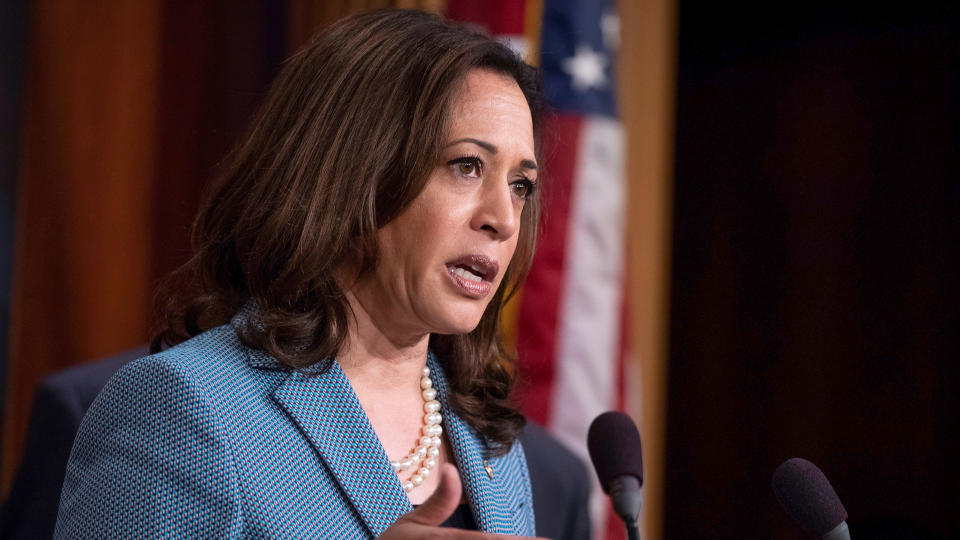5 Ways That a Kamala Harris Presidency Could Impact the Lower Middle Class

The 2024 presidential election is just around the corner, and many Americans are wondering how a potential Kamala Harris presidency might affect their wallets. For the lower middle class, changes in administration could bring shifts in tax policy and economic outlook that hit close to home.
GOBankingRates talked to experts to get the scoop on what might be coming down the pike.
Check Out: How Much Is Vice President Kamala Harris Worth?
Up Next: 7 Reasons You Should Consider a Financial Advisor — Even If You’re Not Wealthy
Wealthy people know the best money secrets. Learn how to copy them.
Possible Changes to Tax Brackets
Joseph Carpenito of Materetsky Financial Group pointed out a potential change on the horizon: “For individuals, some of the most significant tax cuts are set to expire at the end of 2025, returning federal income tax rates to 10%, 15%, 25%, 28%, 33%, 35% and 39.6%.”
For the lower middle class, this could mean a slight bump in taxes, depending on where they fall in the new brackets.
See More: Trump Wants To Eliminate Income Taxes: 3 Items That Will Instantly Get More Expensive
Potential Expansion of Earned Income Tax Credit
Here’s some potentially good news. David F. Damore, Ph.D., professor of political science and Lincy presidential chair at UNLV, suggested there might be some relief coming. “One area where there may be bipartisan support is expanding eligibility for the Earned Income Tax Credit (currently capped at around $64K),” he said.
This could put more money in the pockets of lower-middle-class families.
Changes to the Standard Deduction
Carpenito warned that “the current substantial standard deduction could be reduced.” This might not hit the lower middle class as hard as other income groups, but it’s something to keep an eye on.
Modifications to Child Tax Credit
Got kids? Listen up. Carpenito explained, “If you have children, be aware that the current boosted Child Tax Credit of $2,000, with a refundable portion of $1,400, may revert back to 2017 levels without a change from Congress.”
This could impact family budgets significantly, especially for those with multiple children.
Increased Tax Enforcement
Damore noted, “The 2022 IRA appropriated a lot of money to support tax enforcement. My sense is the Democrats will want to continue down the road, while the GOP will work to strip funding from the IRS.”
For the lower middle class, this might mean more scrutiny on tax returns, but it could also lead to fairer tax collection across all income levels.
The Bottom Line
While elections can impact our finances, they’re just a small piece of the puzzle. The key, as always, is to focus on your own personal financial journey – and even consult with professionals when it’s time. In the end, no matter who wins in November, your financial well-being is largely in your own hands.
Editor’s note on election coverage: GOBankingRates is nonpartisan and strives to cover all aspects of the economy objectively and present balanced reports on politically focused finance stories. You can find more coverage of this topic on GOBankingRates.com.
More From GOBankingRates
This article originally appeared on GOBankingRates.com: 5 Ways That a Kamala Harris Presidency Could Impact the Lower Middle Class